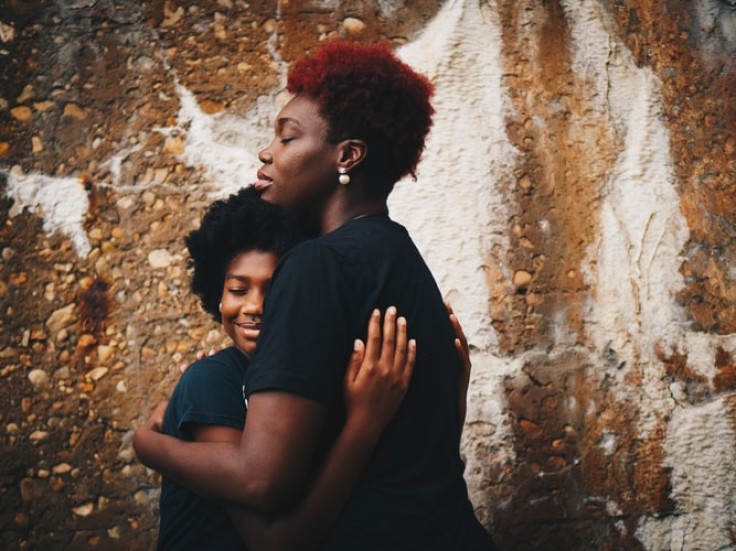
That haunting knowledge that your enemies now know your weakness can send the chills up your spine. Children with anaphylaxis or life-threatening allergic reactions to food, medications, latex, or insect stings have suffered from allergy bullying, and their parents are now stepping in.
However, the complications of such type of bullying only became more complex as parents or guardians of the victims have spoken about their experiences with bullying, too.
Allergy Bullying Suspects Try to Slam Parents, Too
A new study from the American College of Allergy, Asthma, and Immunology showed the latest allergy bullying statistics. According to the study, one in five parents tends to become a victim, too.
MHS lead author Dannielle Brown revealed that while allergy bullying among kids is made known, there was little awareness as to how parents also got affected by allergy bullying. The survey showed over 17 percent of the parents who participated in the study admitted to being bullied.
ALSO READ: Nutramigen vs. Alimentum: Which is Best for Your Baby?
Black Parents, Black Children Suffer Double from Bullies
"Neither child nor parent should suffer from allergy bullying," cried out food allergy researcher Ruchi Gupta, MD.

The study findings also showed that Black children suffer bullying twice as frequently when they have food allergies, HealthDay reported. Allergy bullying puts a great deal of stress on the entire family.
When Parents Decide to Step In
Only seven percent of the parents whose children were between ages 4 and 17 took the courage to speak with the offender or their parent. More common steps included speaking with the teacher or the principal.
Around 13 percent of the parents or guardians of the victims spoke to the child about allergy bullying. It is vital for this number to increase as these children need support from adults who greatly influence their lives. Without which, allergy bullying could have even more fatal consequences.
Age, Gender, and Type of Food Determine Frequency of Allergy Bullying
According to the October issue of Annals of Allergy, Asthma, and Immunology, 50 percent of students in Grades 6-10 suffer from allergy bullying. Meanwhile, children younger than 5 years old also became unsuspecting victims. Around 25 percent of children in their formative years had experiences of bullying, teasing, and harassment from their classmates.
The most common type of allergy is a food allergy from peanuts, with at least 81 percent in the group known to suffer from a kind of peanut allergy. Those who had multiple food allergies accounted for 84 percent of the participants.
Furthermore, more than half of the allergy bullying victims were boys. To date, there are 3 million American children believed to be affected by allergy bullying. However, there were more adult victims, with some 12 million in the stressful situation of allergy bullying.
How Bullies Get Their Suspects
Allergy bullying tactics may include smearing one's forehead with peanut butter and putting crumbs in one's lunch box. However, others grit their teeth and bully with words. In fact, the most common form of allergy bullying is verbal abuse.
Yet, whether physical or verbal, none should tolerate any form of abusive behavior. The impact of which on the child's emotional well-being is undeniable and unacceptable.
When Teachers Become Bullies
Unfortunately, 21 percent of the time, teachers as well as school staff have become the perpetrators. While the majority of the offenders were classmates, even the teachers are now joining in.

Furthermore, parents and their children have to go through multiple episodes of allergy bullying, with 86 percent of the participants reporting this to be true.
Why Food Allergy Makes One an Easy Target
Apparently, perpetrators view allergies as something exaggerated. While illnesses like cancer and other chronic diseases make the patient appear ill, allergies are often invisible until a reaction occurs.
The silent illness is hardly noticeable, so convincing others of this life-threatening condition can be quite challenging. To avoid becoming likely suspects, Allergic Living advised parents to discuss with the teachers to keep certain foods out of the classroom. Meanwhile, the student should not be identified as having symptoms of allergies.